fishermen Kerala
description: mobile phones allowed the fishermen to determine which villages offered the best markets for their fish
11 results
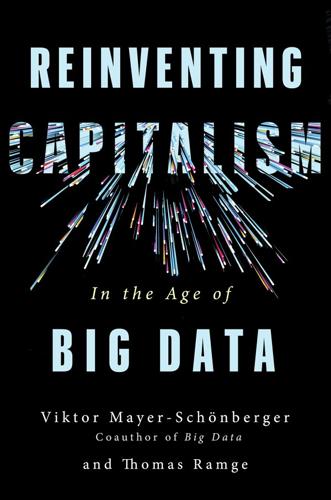
Reinventing Capitalism in the Age of Big Data
by
Viktor Mayer-Schönberger
and
Thomas Ramge
Published 27 Feb 2018
Information can make or break a market—not only does information have to travel throughout the market, but it must travel at low cost. Each additional ounce of effort and each extra penny expended in the pursuit of necessary information makes the market a more expensive mechanism for human coordination. Little would have changed for the fishermen in Kerala, for example, if placing a call from their mobile phones had cost more than they earned for a day’s catch or if technical problems had forced them to dial dozens of times before they could get through. And every additional cost that turns into a reason for market participants to not pursue a piece of information increases the number of bad decisions.
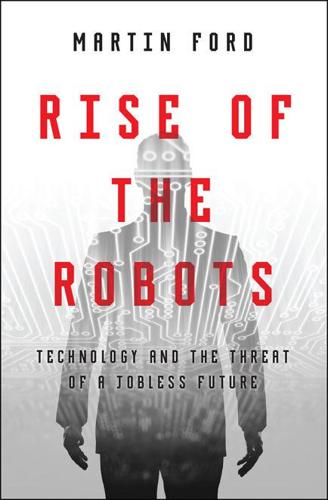
Rise of the Robots: Technology and the Threat of a Jobless Future
by
Martin Ford
Published 4 May 2015
By far the most celebrated success story involves sardine fishermen in Kerala, a region along the southwest coast of India. In a 2007 research paper, economist Robert Jensen described how mobile phones allowed the fishermen to determine which villages offered the best markets for their fish.13 Before the advent of wireless technology, targeting a particular village was a guess that often resulted in a mismatch between supply and demand. However, with their new phones, the fishermen knew exactly where the buyers were, and this has resulted in a better functioning market with more stable prices and far less waste. The sardine fishermen of Kerala have become a kind of standard-bearer for techno-optimism as it relates to developing countries, and their story has been told in numerous books and magazine articles.14 While mobile phones are unquestionably of great value to third-world fishermen, there is little evidence to suggest that average citizens in developed countries—or, for that matter, even in poor countries—will succeed in deriving a meaningful income from their smart phones.
…
Kurzweil’s remarks can be found at about 05:40. 13. Robert Jensen, “The Digital Provide: Information (Technology), Market Performance and Welfare in the South Indian Fisheries Sector,” Quarterly Journal of Economics, 122, no. 3 (2007): 879–924. 14. A few places in which the story of the sardine fishermen of Kerala has been told are The Rational Optimist by Matt Ridley, A History of the World in 100 Objects by Neil MacGregor, The Mobile Wave by Michael Saylor, Race Against the Machine by Erik Brynjolfsson and Andrew McAfee, Content Nation by John Blossom, Planet India by Mira Kamdar, and “To Do with the Price of Fish,” The Economist, May 10, 2007.
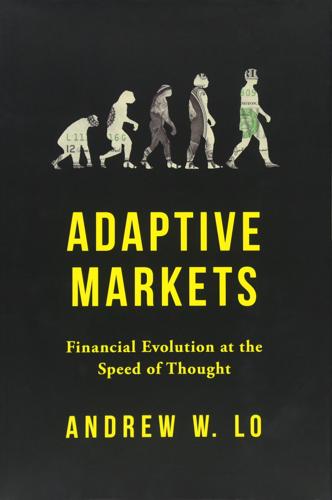
Adaptive Markets: Financial Evolution at the Speed of Thought
by
Andrew W. Lo
Published 3 Apr 2017
The Adaptive Markets Hypothesis predicts that high-frequency trading is on the cusp of an evolutionary change. CELL PHONES AND KERALA FISHERMEN The challenges of high-frequency traders are symptoms of the fact that technology has always played a critical role in the evolution of markets. A beautiful low-tech illustration of this dynamic can be found among the fishermen of Kerala, a region that lies on the southwestern coast of India where fishing is a major industry. Small fishing boats go out to sea for the day and bring back their catch to sell at one of the many small local beach markets that dot the coast of northern Kerala. The lack of refrigeration on these boats and at the beach markets means that any part of a fisherman’s catch that isn’t sold that day rapidly becomes worthless.
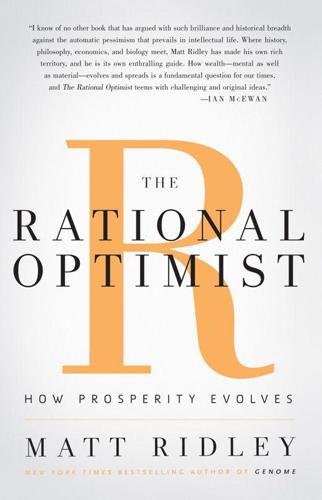
The Rational Optimist: How Prosperity Evolves
by
Matt Ridley
Published 17 May 2010
These developments offer opportunities to the poor of Africa that were not available to the poor of Asia a generation ago. They are one reason that Africa saw economic growth rise to Asian-tiger levels in the late 2000s. The role of the mobile phone in enriching the poor was especially well illustrated by a study of the sardine fishermen of Kerala in southern India (though similar stories can now be told about Africa). As documented by the economist Robert Jensen, on 14 January 1997, a typical day, eleven fishermen landed good catches at the village of Badagara only to find that there were no buyers left: the local market was sated and the price of the perishable sardines was zero.
…
Talbot, D. 2008. Upwardly mobile. Technology Review, November/December 2008: 48–54. p. 326 ‘opportunities to the poor of Africa that were not available to the poor of Asia a generation ago’. Rodrik, D. (ed.). 2003. In Search of Prosperity. Princeton University Press. p. 327 ‘a study of the sardine fishermen of Kerala in southern India’. Jensen, Robert T. 2007. The digital provide: information (technology), market performance and welfare in the South Indian fisheries sector. Quarterly Journal of Economics 122: 879–924. p. 328 ‘demographic dividend’. Bloom, D.E. et al. 2007. Realising the Demographic Dividend: Is Africa Any Different?
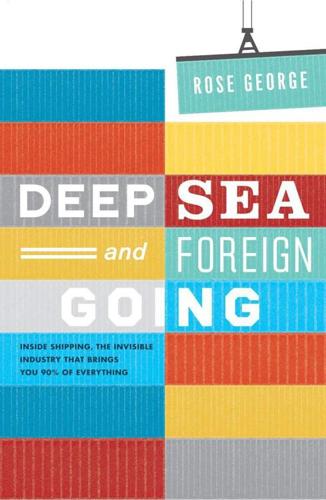
Deep Sea and Foreign Going
by
Rose George
Published 4 Sep 2013
Somalia has a new government stable enough for new prisons to be built, and for pirates to be tried, as the MV Polaris attackers wanted to happen, in their own country. Other countries have taken on the pirate task. Yemen, the United States, Germany and Italy have prosecuted pirates. India, meanwhile, wants to prosecute Italian marines who shot two Indian fishermen off Kerala, mistaking them for pirates. As for other shooting of innocent, AK47-carrying fishermen at sea by marines or ex-marines, certainly it happens, and certainly we never know about it. All these efforts have dulled the second golden age of piracy: attacks are down. Perhaps the ex-military men whose messages I read on close protection forums, exchanging information about weaponry and sun protection and how many DVDs to take for ship life (a lot; it can get boring) will do what the commander of the EU-NAVFOR fleet wanted, and keep piracy to a ‘tolerable’ level.
…
– Reduce premiums if armed guards are on board Michelle Wiese Bockman, ‘Armed Guards Can Help Cut Insurance Costs for Shipping Companies’, Bloomberg, 11 May 2012, accessed from http://www.bloomberg.com/news/ 2012-05-11 /armed-guards-can-help-cut-insurance- costs-for-shipping-companies.html 16 Mistaking them for pirates Some 2.3 million fishermen work in the Indian Ocean and many carry weapons. Italy has objected to India’s prosecution on the grounds that the fishermen were killed in international waters and because the marines are active-duty personnel. ‘Such a view’, P.S. Gopinathan, a Kerala High Court judge, wrote in a 29 May judgment allowing the case to go forward, ‘will not merely be a bad precedent, but a grossly unjust one.’ Alan Katz, ‘Fighting Pirates Goes Awry with the Killings of Fishermen’, Bloomberg, 17 September 2012, accessed from http://www.bloomberg.com/news/ 2012-09-16/fighting-piracy-goes-awry- with-killings-of-fishermen.html Chapter 8: Sanctuary 1 Balikbayan Lamvik, op. cit., p.128. 2 A series of discontinuous encounters E.
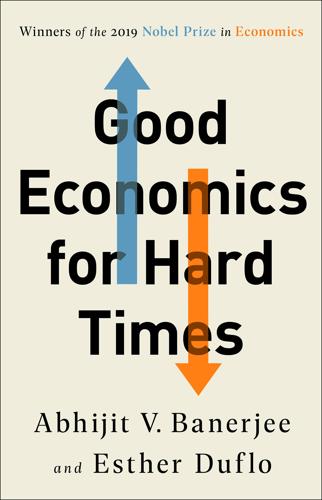
Good Economics for Hard Times: Better Answers to Our Biggest Problems
by
Abhijit V. Banerjee
and
Esther Duflo
Published 12 Nov 2019
Some entrepreneurs with great ideas may not be able to finance them, while others who are not particularly good at what they are doing continue operating: this is what macroeconomists call misallocation. A vivid instance of misallocation comes from the impact of the introduction of cell phones on fishing in the state of Kerala in India. Fishermen in Kerala would go out to fish early in the morning and return to shore midmorning to sell their catch. Before the cell phone, they would land at the nearest beach, where their customers would meet them. The market would run until there were no customers left or the fish ran out. Since the catch varied quite a bit from day to day, there were a lot of wasted fish at some beaches, while at the same time there were often disappointed customers at others.
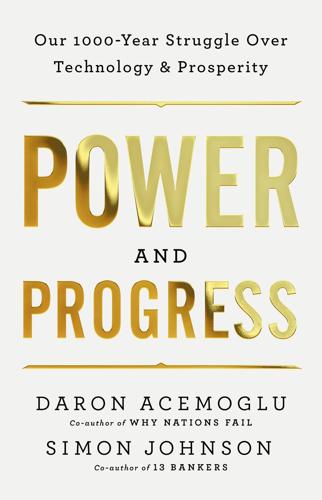
Power and Progress: Our Thousand-Year Struggle Over Technology and Prosperity
by
Daron Acemoglu
and
Simon Johnson
Published 15 May 2023
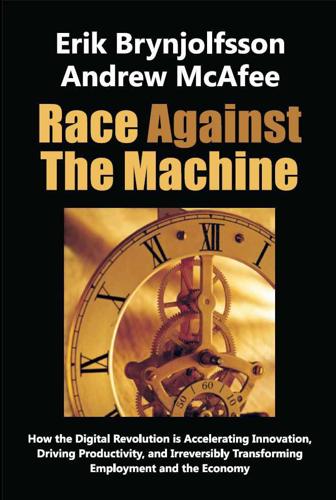
Race Against the Machine: How the Digital Revolution Is Accelerating Innovation, Driving Productivity, and Irreversibly Transforming Employment and the Economy
by
Erik Brynjolfsson
Published 23 Jan 2012
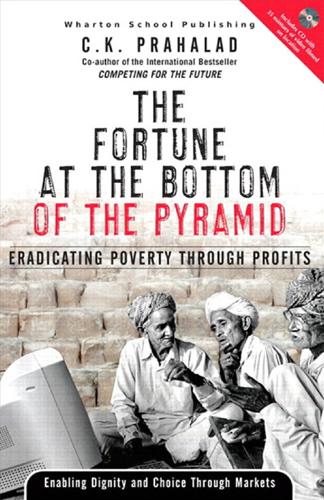
The fortune at the bottom of the pyramid
by
C. K. Prahalad
Published 15 Jan 2005
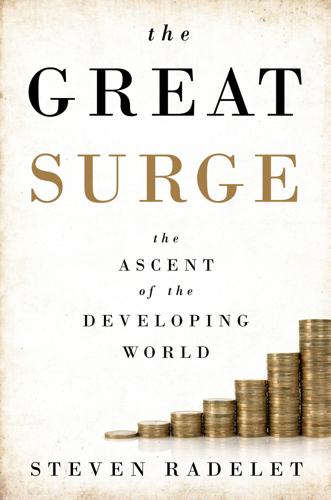
The Great Surge: The Ascent of the Developing World
by
Steven Radelet
Published 10 Nov 2015
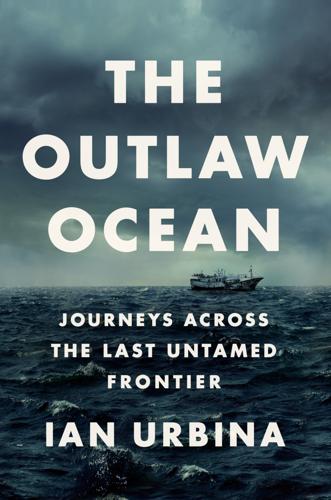
The Outlaw Ocean: Journeys Across the Last Untamed Frontier
by
Ian Urbina
Published 19 Aug 2019
In the 2008 Mumbai terror attack on two luxury hotels and other targets, the attackers came by sea, and the Indian government feared it could happen again. And in 2012, roughly a year before the arrest of the Seaman Guard Ohio, two Italian marines working as guards on board an Italian oil tanker, the Enrica Lexie, shot and killed two Indian fishermen, mistaking them for pirates. The incident occurred about twenty nautical miles off the coast of the southern Indian state of Kerala. The Enrica Lexie killings escalated into a diplomatic dispute between Italy and India, culminating in the Italian foreign minister quitting his position in March 2013. The Italian minister said he was resigning to protest his government sending the Italian marines to India for trial, which he called an offense to the “honor of the country and of the armed forces.”